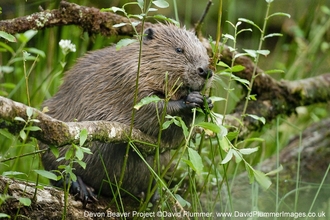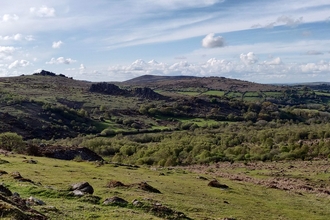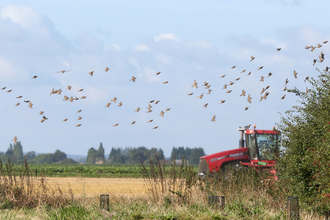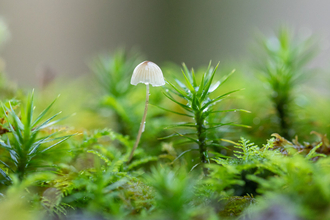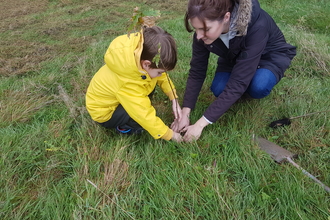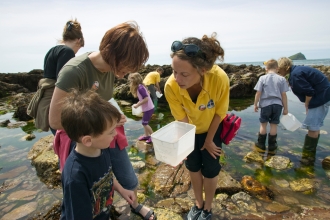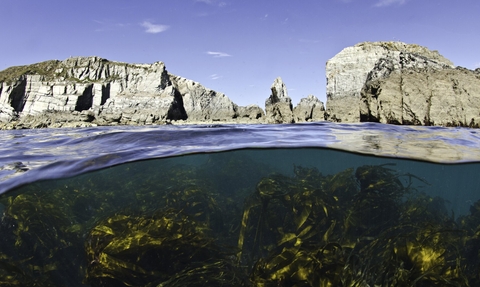
Kelp forest (Laminaria sp.) grows beneath the cliffs of Lundy Island, Devon, England, British Isles. Bristol Channel. - Alexander Mustard/2020VISION
Using natural solutions to combat the climate and nature emergency
A global emergency
We are in the middle of a climate and nature emergency, and the two are inextricably linked. Climate change is driving nature’s decline, and the loss of wildlife and wild places leaves us ill-equipped to reduce carbon emissions and adapt to change.
One cannot be solved without the other.
We know from experience that restoring nature can help soak up carbon emissions - known as natural solutions to climate change - whilst contributing many additional benefits. When healthy, our natural habitats can reduce the risk of flooding, help prevent coastal erosion, improve people’s health and wellbeing, as well as maintain healthy soils, clean water and the pollinators needed for our crops – and therefore sustain us.
Nature itself is at risk from climate change, but if helped to recover, its potential to store carbon does mean it can help us to turn the tide on the climate catastrophe.
What nature can do if given the chance
Restoring nature doesn't just lock up carbon; it delivers so much more...
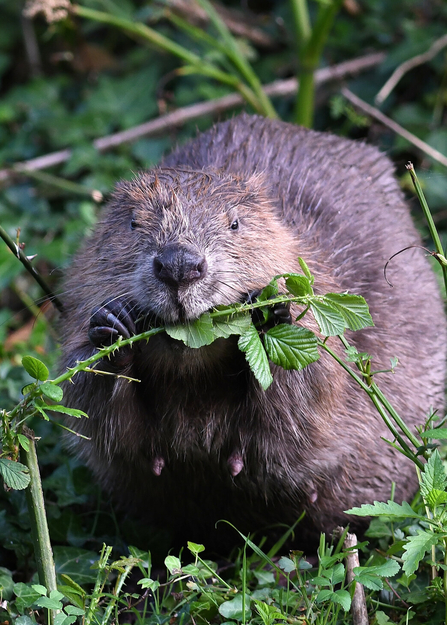
David Parkyn - David Parkyn/ Cornwall Wildlife Trust
Flood protection
Healthy habitats such as protected wetlands, restored peatlands, wildflower-rich grasslands and native woodlands can slow , store and filter water, reducing the risk flooding downstream and cleaning water naturally. Introducing lost species such as we have done with beavers here in Devon show how effective amazing creatures are at creating nature rich wetlands that reduce the risk of flood and drought.
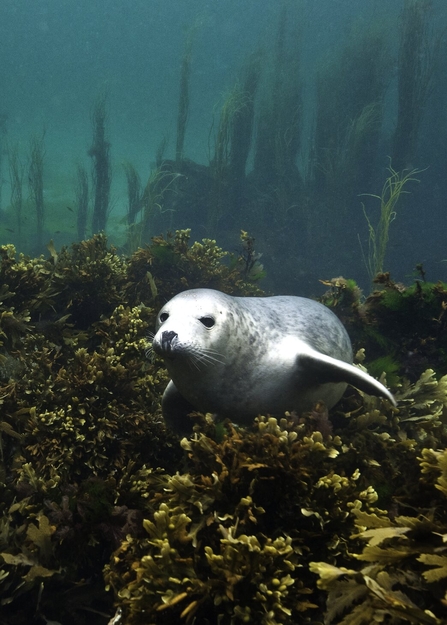
A grey seal (Halichoerus grypus) pup rests on a bed of seaweeds on summer (June). Cairns of Coll, Island of Coll, Inner Hebrides, Scotland. North East Atlantic Ocean. - Alexander Mustard/2020VISION
Coastal defences
Habitats like saltmarsh and seagrass help protect us from coastal erosion and storm surges, while providing important nursery areas for fish. Here in Devon we are campaigning for greater protection for our seas and our marine centre at Wembury works to inform and educate visitors and school children about the importance of marine wildlife and our shores.

false - Jon Hawkins - Surrey Hills Photography
Healthier lives
Woodlands and wild green places clean the air, regulate the temperature and improve our general health and wellbeing. We are planting thousands of trees across Devon and are working with communities to create more wild places in our towns, cities, villages and rural areas.
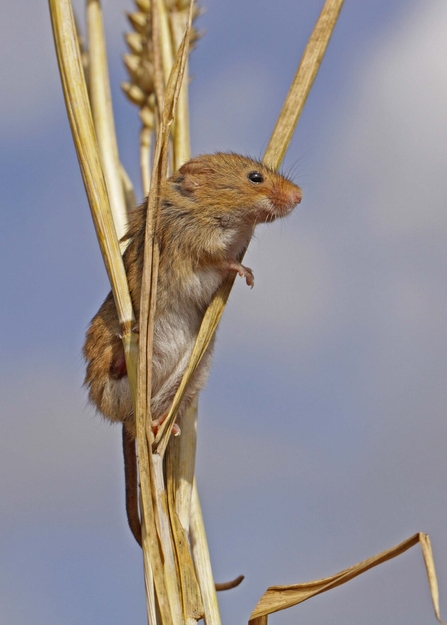
WildNet - Margaret Holland
Natural resilience
Thriving ecosystems provide the pollinators, soils, nutrients, food and water that sustain us. 66% of carbon in nature-rich areas is outside protected sites. We need to identify, map, protect and restore our ecosystems across the country. In Devon we are workiing with farmers and landowners to improve their land for nature and to contribute to this nature recovery network as well as with local communities.
What is Devon Wildlife Trust doing?
Find out about some of our ongoing work to combat the climate and nature emergency below:
Want to know more about our work?
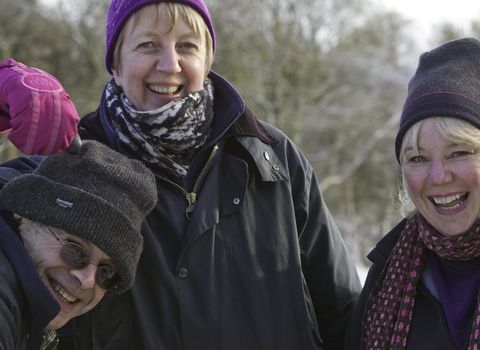
Series of images of people planting native woodland as part of The National Forests planting day, Moira, Derbyshire - Peter Cairns/2020VISION
What can you do?
We can all make a difference by making every space we can count for nature through small and big acts that will reduce pollution, reduce energy use and create and connect more nature rich places in our gardens, streets, communities, schools and businesses.
If you are looking to do something at home, below are some top tips.

